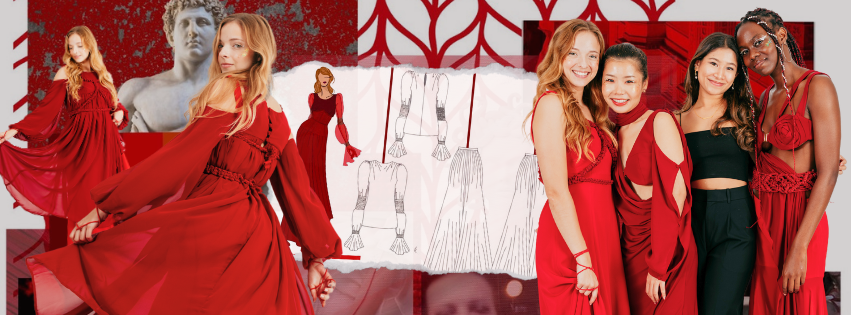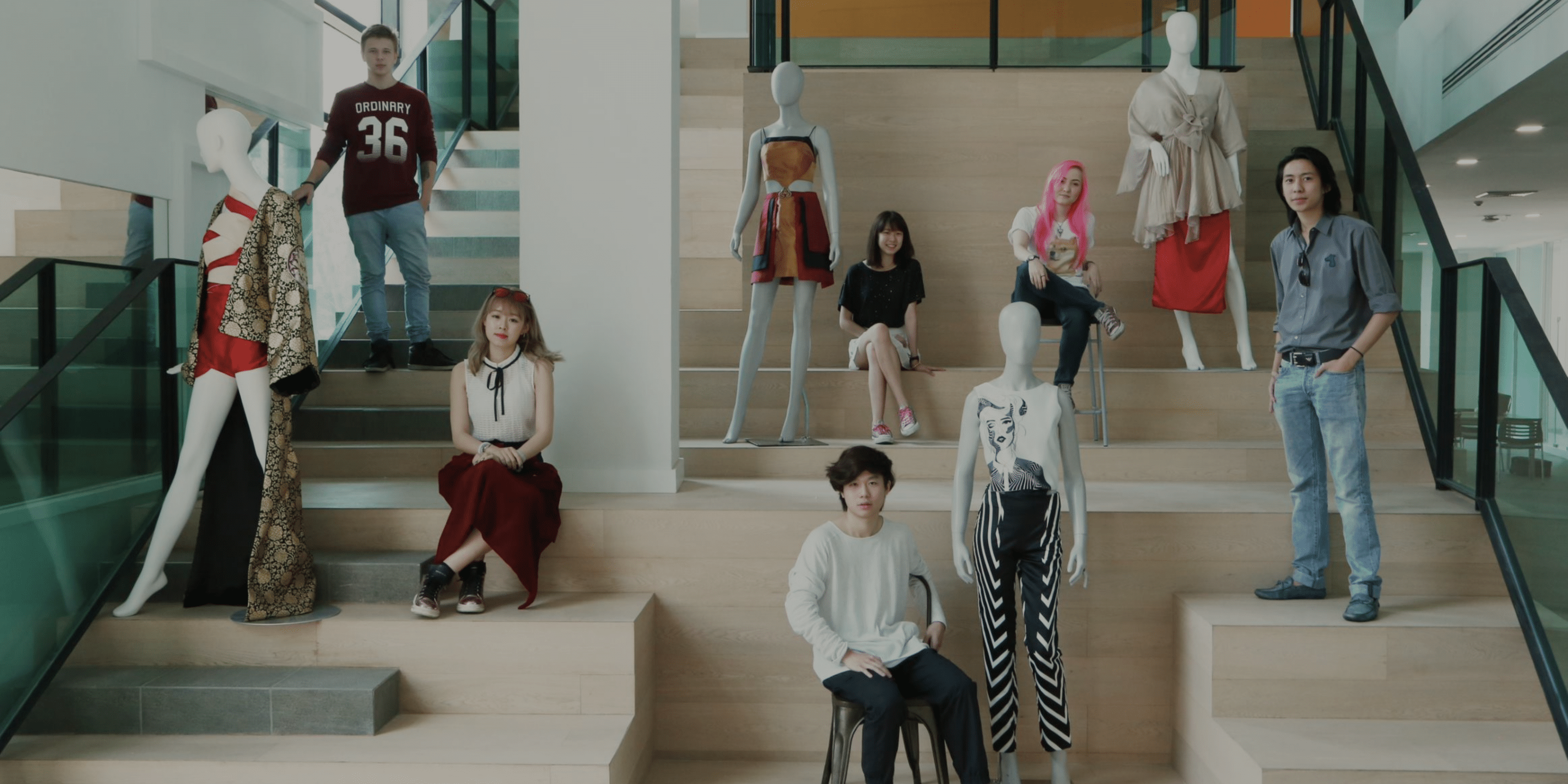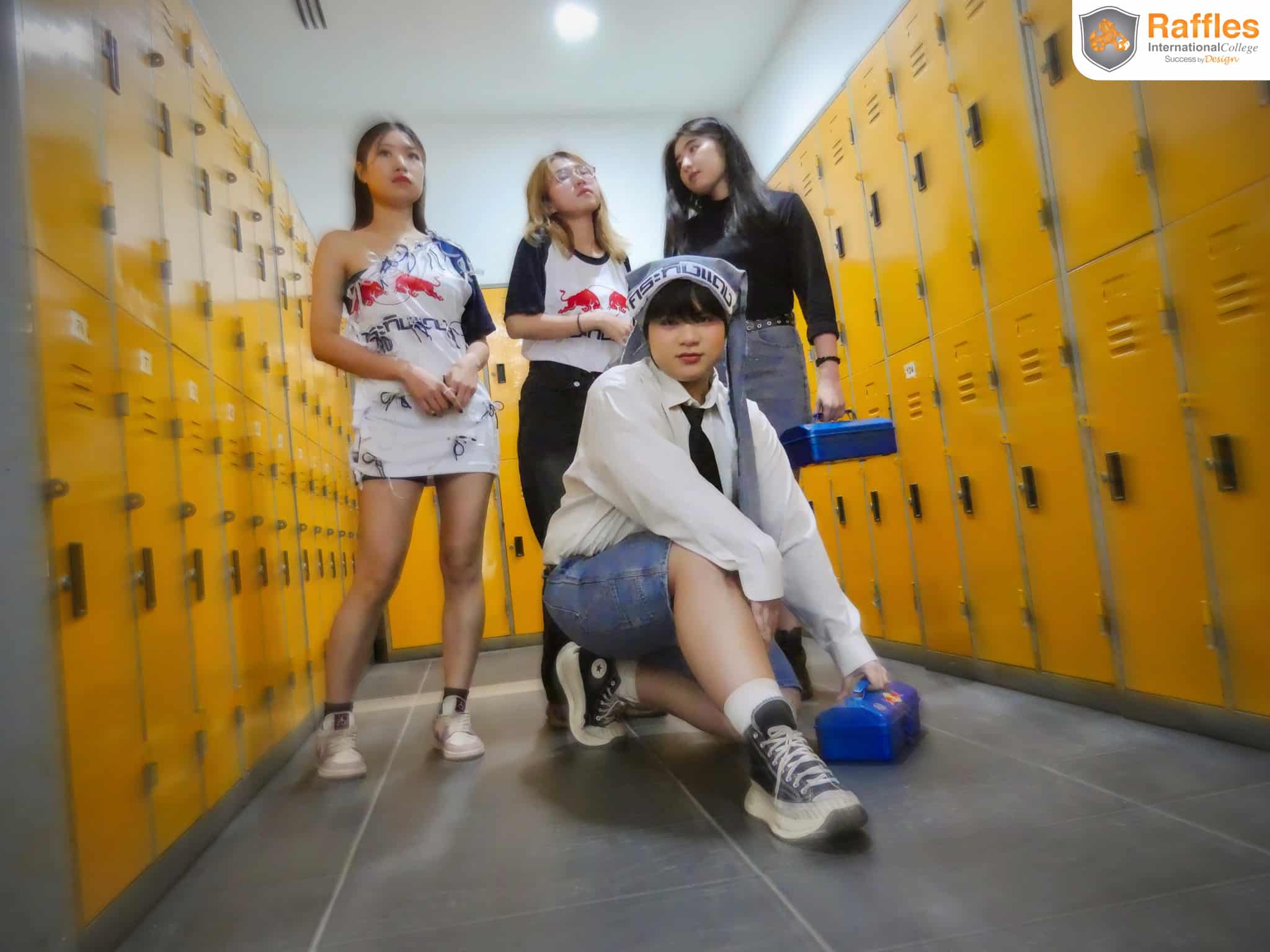
Diploma in Fashion Design
Duration : 6 months
courses
The module provides an extensive coverage of textiles knowledge, starting from the original source of plants to the synthesis of chemicals to produce fibres. It allows the students to analyze the different types of fibres, yarns, construction of fabrics, knitting, weaving, dyeing, printing and many other techniques that are available in the textile industry.
This module is designed to introduce the student to the development of costume throughout the major historical periods and will provide students with the ability to understand and identify the main characteristics of silhouettes, textiles, accessories for each period.
This module introduces the student to basic computing skills required for design and presentation that will enrich the students understanding of the different image file types and the common programs available for image editing, illustration, coloring and layout organization.
This module is designed to provide the student with the knowledge and skills through practical exercises, lecturers, demonstrations and examples to enable them to identify and apply the basic theories of colour and design elements and principles. Students will have to successfully complete practical exercises and integrated projects in order to complete this module.
To provide the participant with the knowledge and skills through practical exercises and examples, enabling them to identify and adapt the proportions of the human anatomy and the stylized fashion figure proportions. To enable the student to identify the vocabulary and fundamental rule pertaining to fashion sketches in relation to figure drawing. To develop a sense of proportion and dimension for fashion based sketches. To enable the student to Students will have to successfully complete practical exercises and an integrated project in order to complete the module.
This module will offer the knowledge and skills through practical exercises and examples, to enable students to illustrate fabric textures and patterns on the fashion figure in various poses and movements; also to develop a sense of fabric movement, fabric draping and light reflections through the use of appropriate mediums. Students will have to successfully complete practical exercises and integrated project in order to complete this module.
To provide participants with the knowledge and skills through practical exercises, lectures, demonstrations and examples to enable them to identify the morphological components of the human form related to the female cut. To provide the students with the ability to draft master slopers (blocks) foe women’s wear and use them to develop basic patterns.
This module provide participants with the knowledge and skills through practical exercises, lectures, demonstrations and examples to enable them to understand the vocabulary and fundamental rules of draping and to create and develop basic muslins on the mannequin or industrial dress form.
This module provide participants with the knowledge and skills through practical exercises, lectures, demonstrations and examples to enable them to identify the various industrial sewing techniques for more complex samples and garments for both men’s and women’s wear.
To provide participants with the basic principles of marketing in the context of fashion retail industry through practical exercises, lectures, demonstrations and case studies. The primary scope is to cover all foundational concepts of fashion marketing management, so that the students are able to grasp other advanced modules in their program successfully. Students need to accomplish tasks such as an assignment, an integrated project and examinations in order to complete the module.
